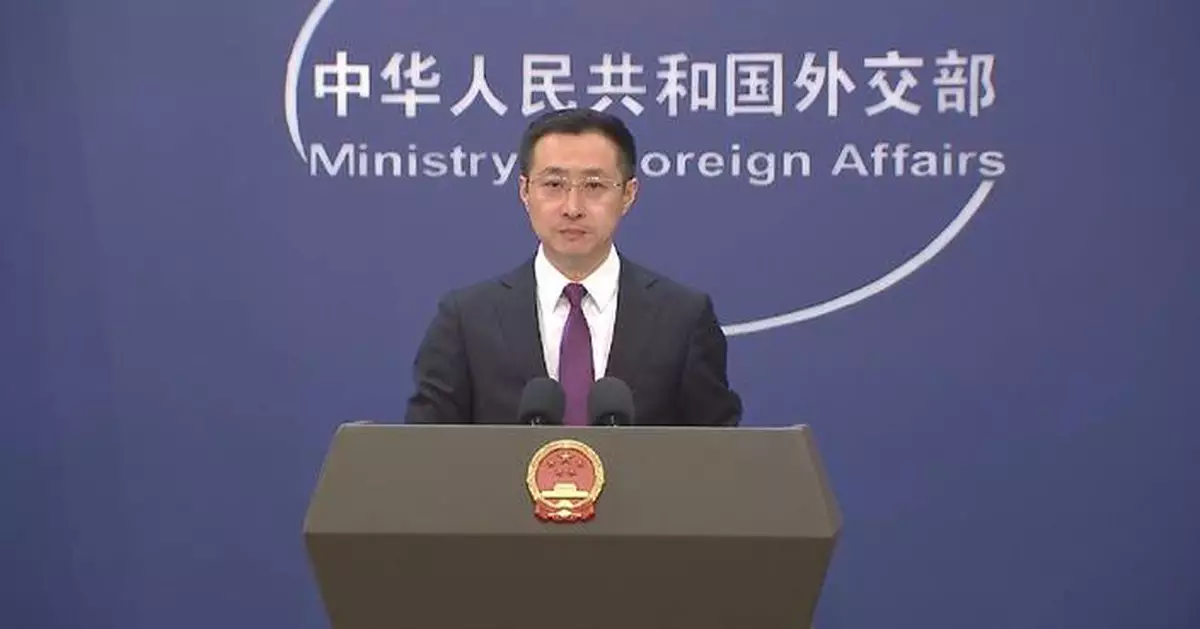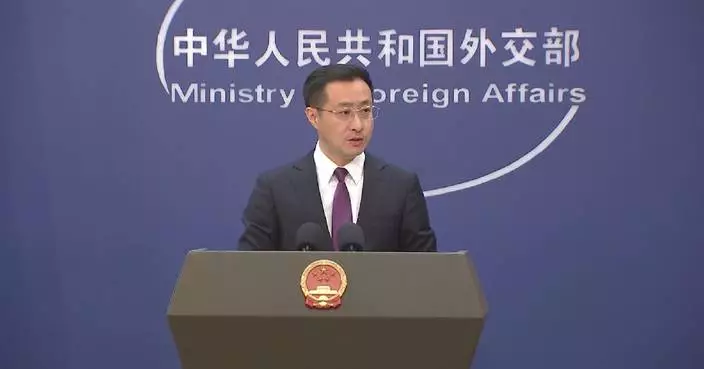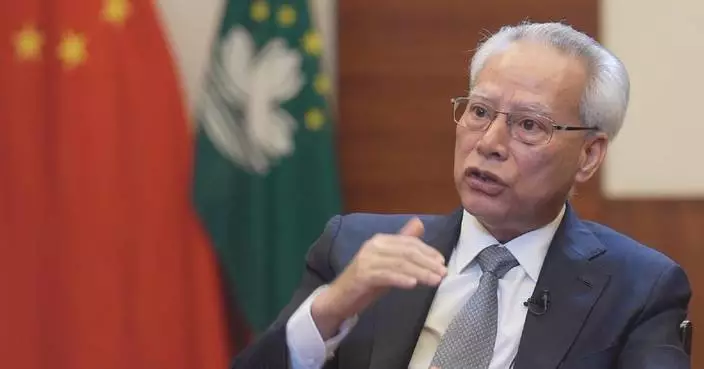The one-China principle leaves no space for negotiation or room for compromise, said Foreign Ministry spokesman Lin Jian at a press briefing in Beijing on Monday.
Lin made the remarks in response to a question about the Paraguayan Foreign Minister's comments on the Taiwan question.
"The one-China principle is a universal consensus of the international community and a universally recognized basic norm governing international relations. It is also the political foundation and an important prerequisite for China to develop bilateral relations with other countries. This principle concerns China's sovereignty and territorial integrity and leaves no space for negotiation or room for compromise. Paraguay should establish an accurate and comprehensive understanding of the one-China principle, recognize the prevailing general trend of history at an early date, stand on the side of the overwhelming majority of countries in the world, stand on the side of international justice, and make a choice that truly conforms to the fundamental and long-term interests of its people," Lin said.
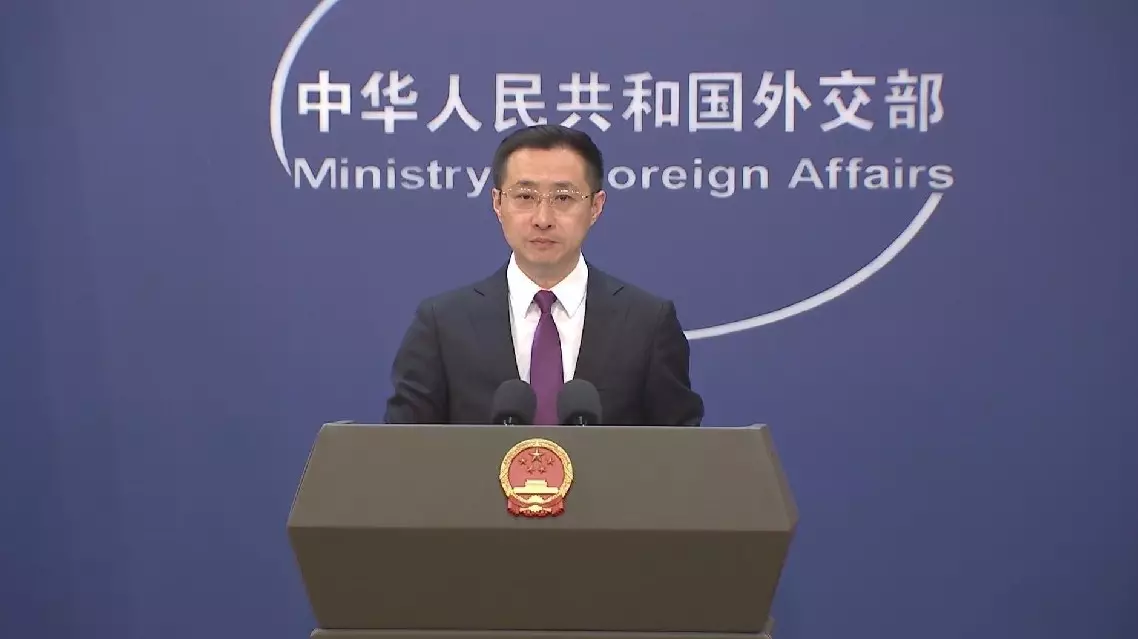
One-China principle leaves no room for negotiation: spokesman
China's new tax policies came into effect on Sunday, which are expected to support the steady and healthy development of the real estate market, a pillar industry of the country's national economy.
In mid November, the Ministry of Finance said the country will increase incentives in terms of deed tax to actively support people's essential housing needs and needs for improving their housing conditions.
Individuals purchasing their only residential property or a second home, as long as the area does not exceed 140 square meters, will pay deed tax at a rate of one percent across the country. For properties with an area exceeding 140 square meters, the deed tax will be levied at a rate of 1.5 percent.
Home buyers planning to buy second homes in Beijing, Shanghai, Guangzhou and Shenzhen will benefit the most from the revised deed tax, as a previous rate of three percent had been applied to all four of these first-tier cities, according to officials.
On the morning of Monday, the first working day after the new policies came into force, a tax service hall in downtown Beijing was bustling with homebuyers, accompanied by real estate agents, who seek to pay tax and register their homes.
"This is the second house my family bought. It is about 100-square-meters big at a price of more than eight million yuan (about 1.1 million U.S. dollars). Following the new policy, I paid a deed tax of 80,000 yuan, saving 160,000 yuan compared with the previous policy," said a homebuyer.
"Today is the first working day after the new policy came into force. We and our clients made appointments on this day to handle tax payment and transfer of (house) ownership to enjoy the benefits of the new tax policies as soon as possible," said Sun Licheng, a real estate agent.
"Today, both taxpayers making online applications (for real estate's tax payment and transfer of ownership) and those doing business offline are apparently more than usual. We have not only added three service counters to our tax hall, but also increased staff for offline and online application review," said Chen Zhan, director of the sixth taxation office at the Beijing Haidian District Taxation Bureau under the State Taxation Administration. The Beijing municipal taxation bureau expects the new tax policies to strengthen the property market's recovery momentum, and promote the stable and healthy development of the sector.
Data show that in November, 18,520 pre-owned houses were signed online in Beijing, marking a month-on-month increase of eight percent and a year-on-year growth of 50 percent.
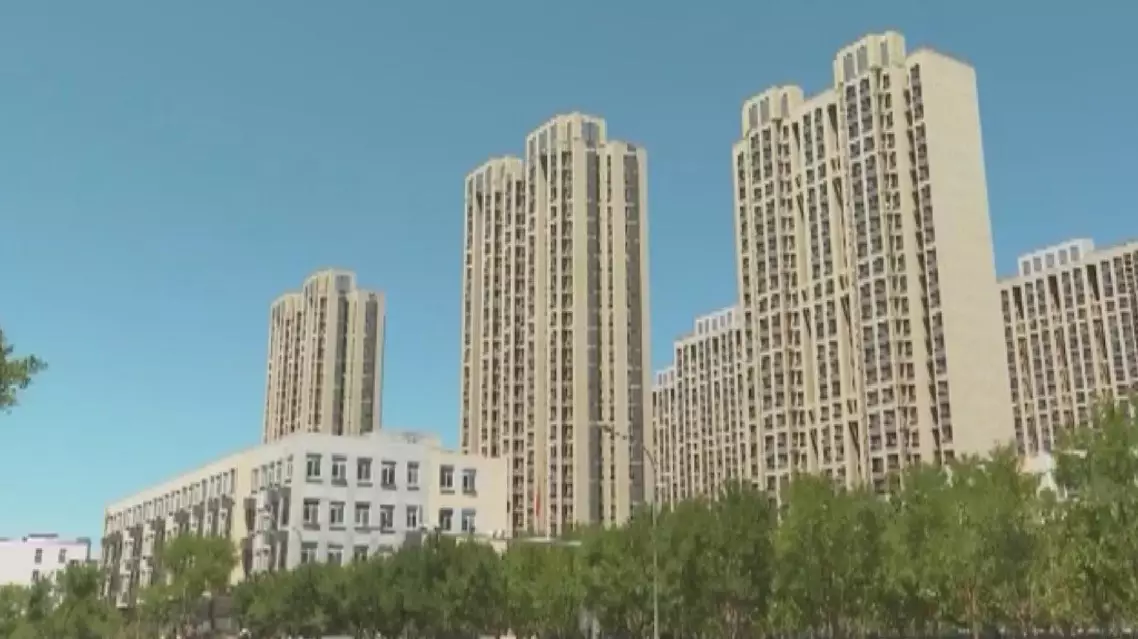
New tax policies in place, property market recovers



